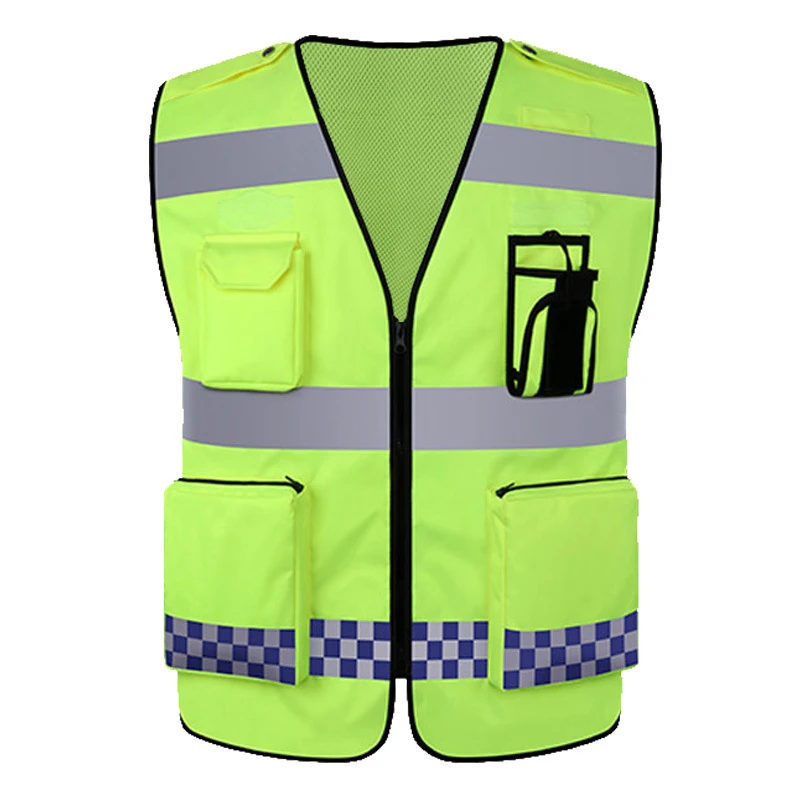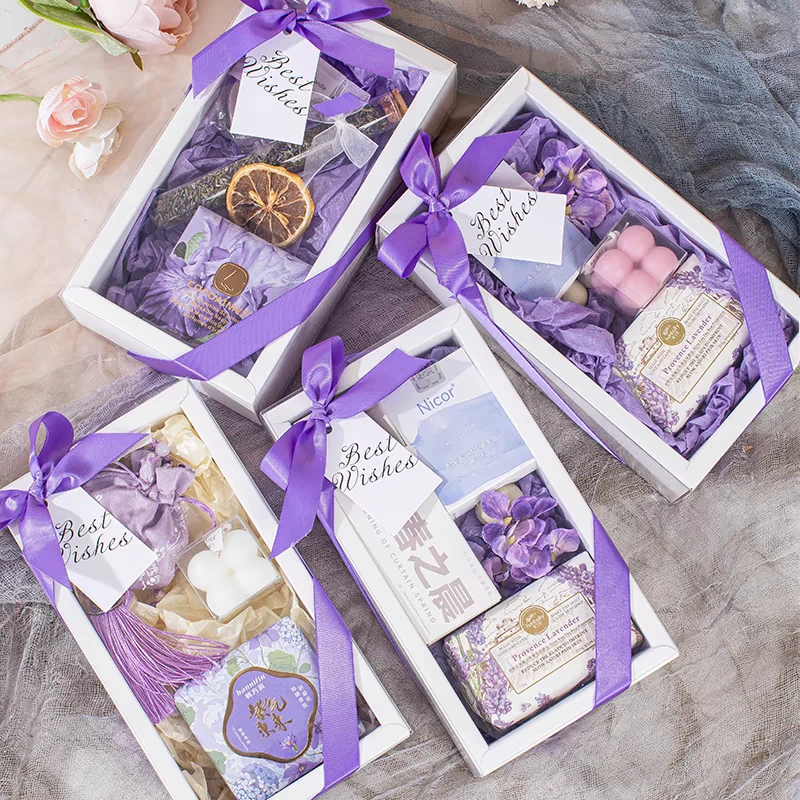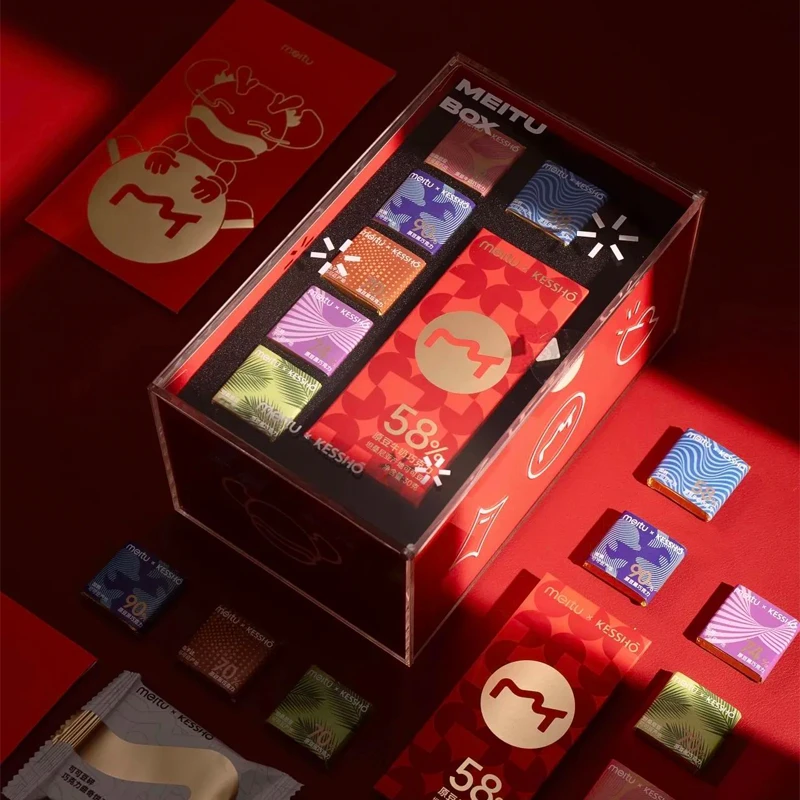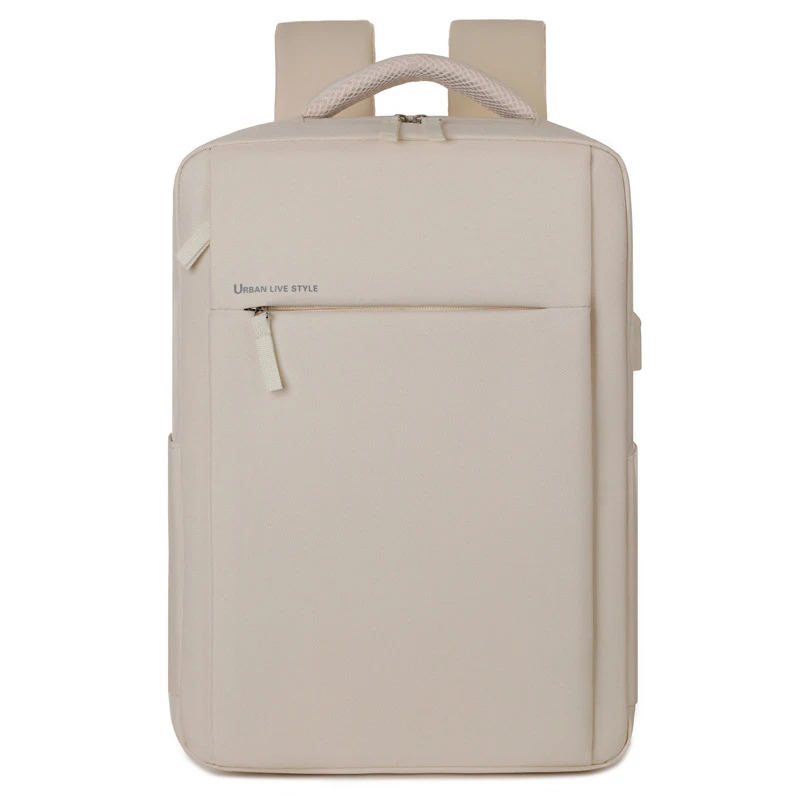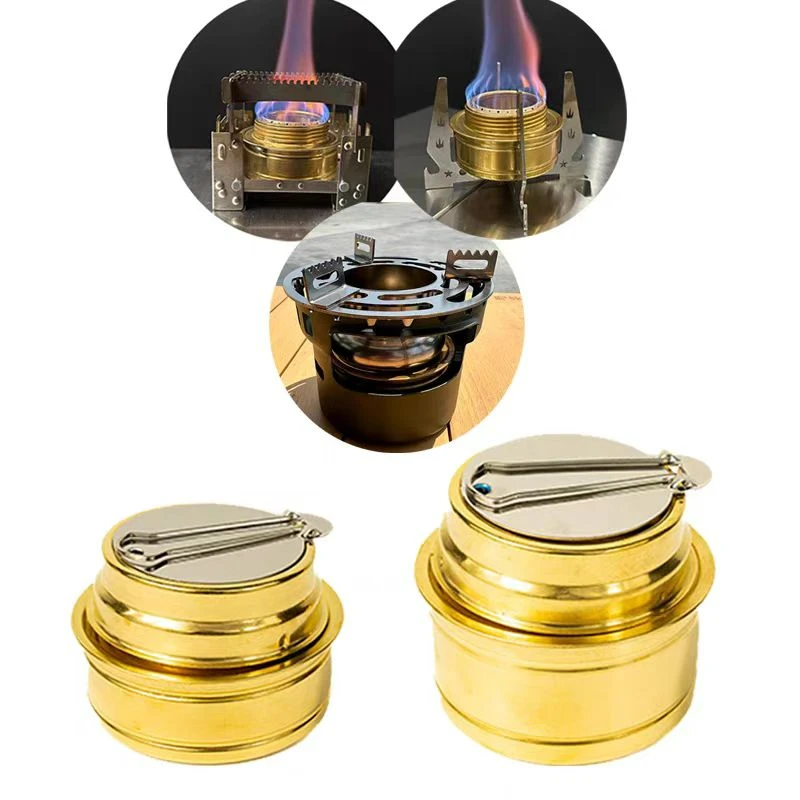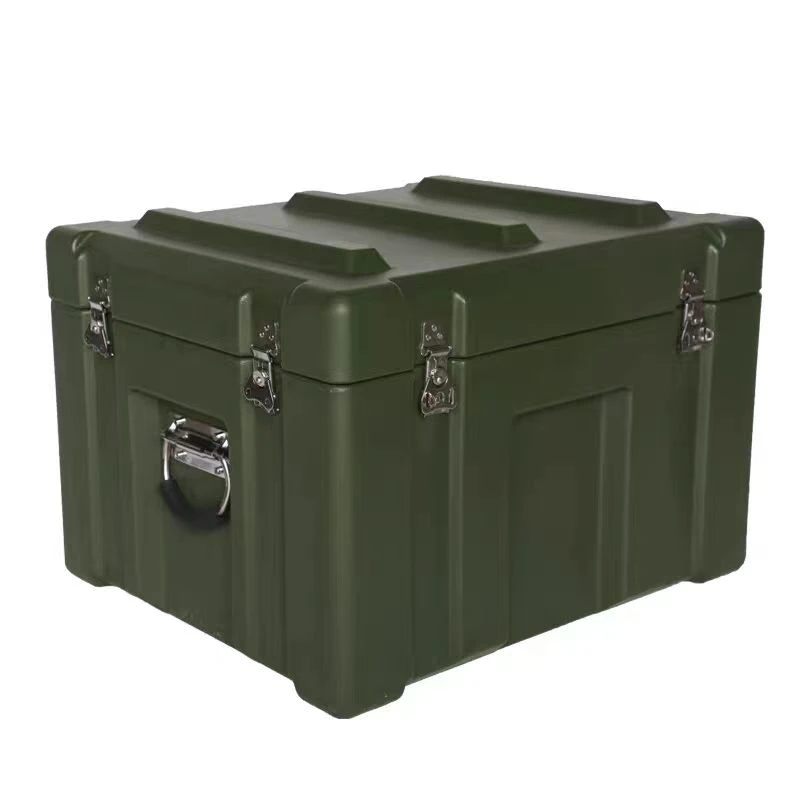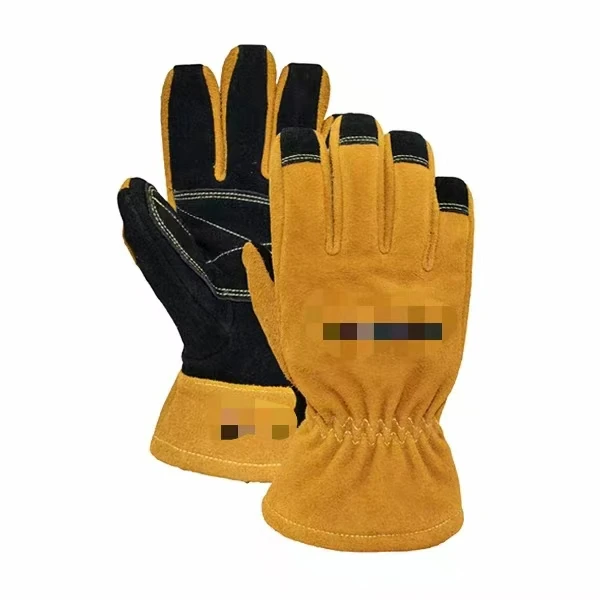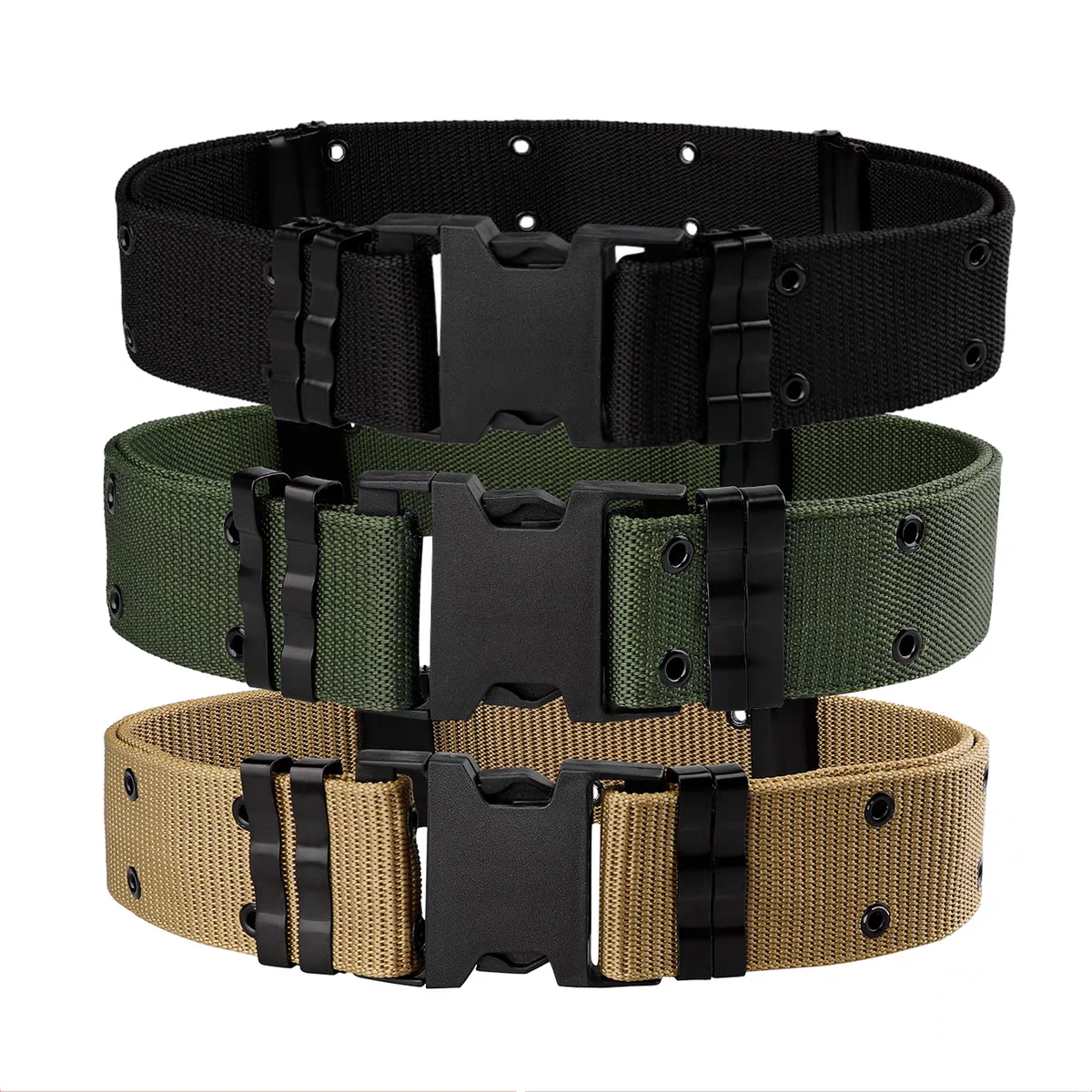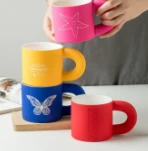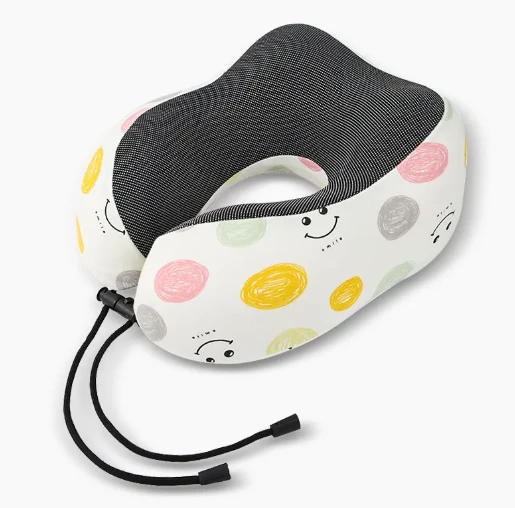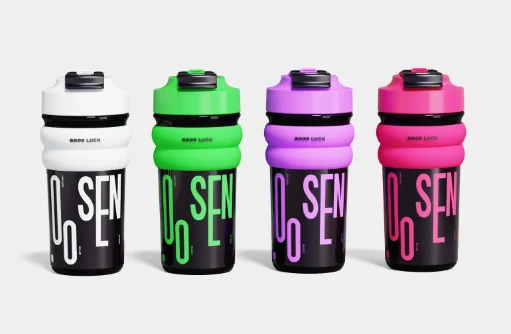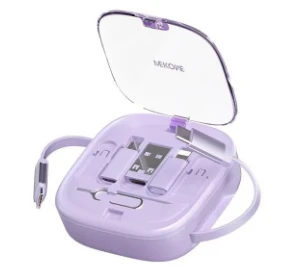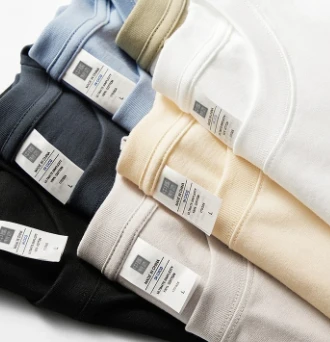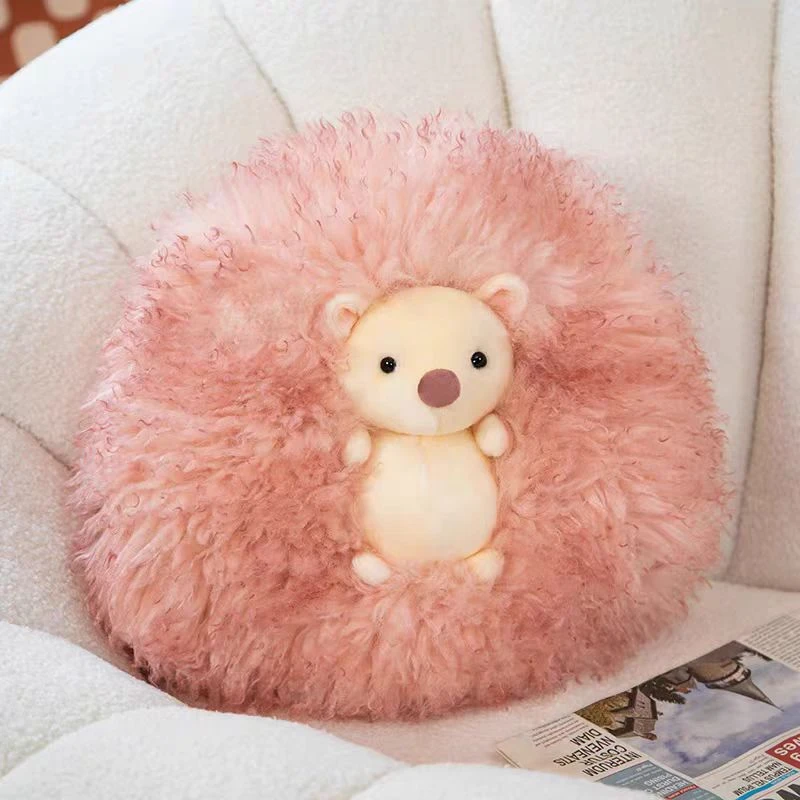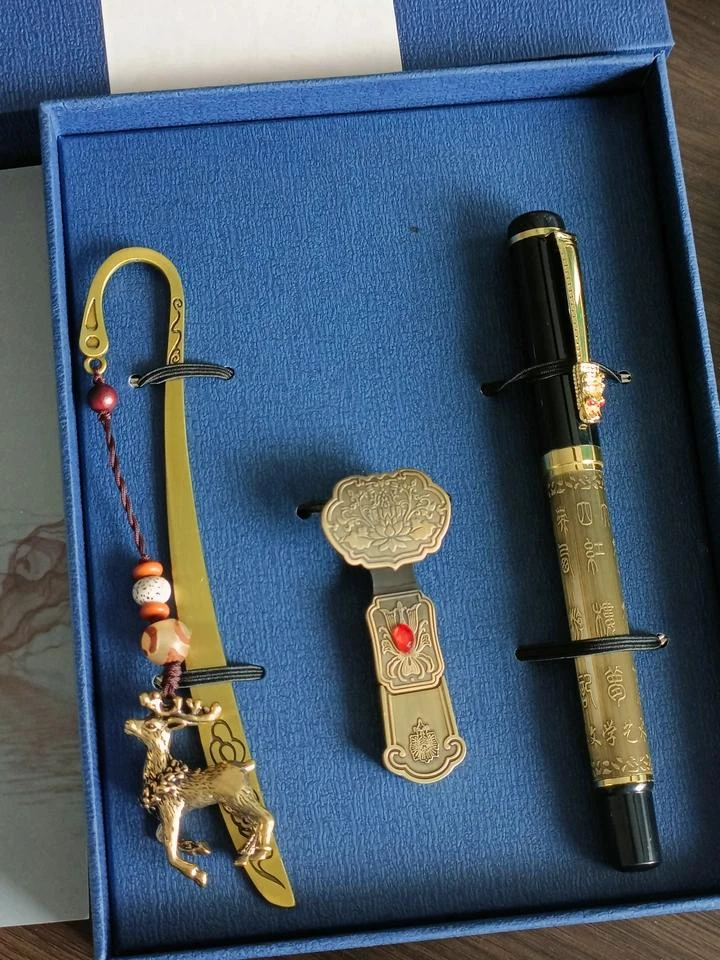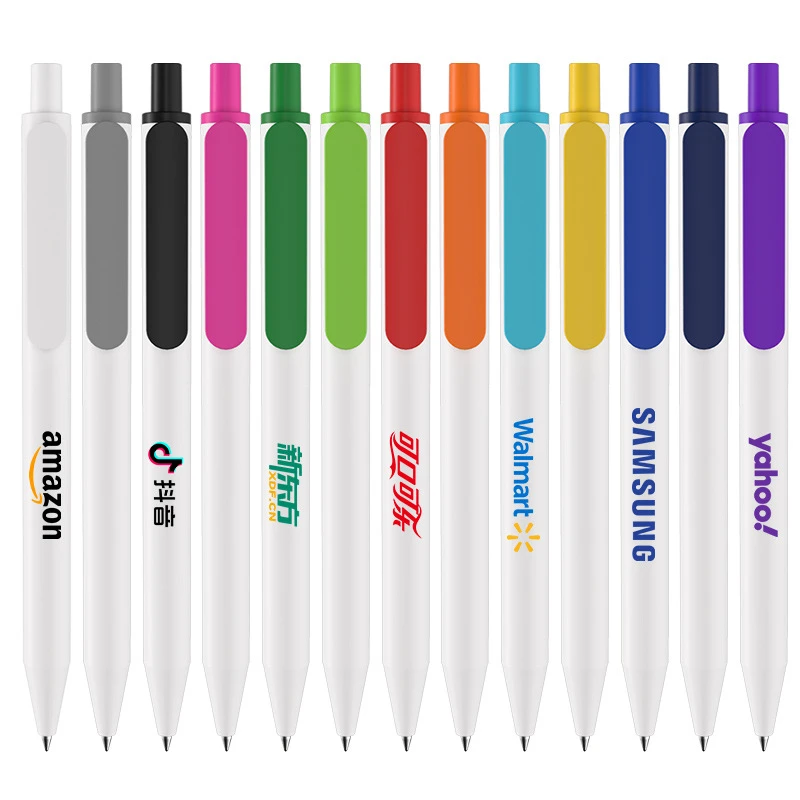ਫਰ. 01,2025
wholesale custom clothing vendors
Finding the right wholesale custom clothing vendors can be a transformative decision for any fashion business or line. The supply chain of clothing manifacturing rests on the shoulders of these vendors, whose responsibilities go beyond merely producing garments. Their role encompasses maintaining high standards of quality, meeting time-sensitive deadlines, and providing flexibility in order to cater to personalized designs and fluctuating demands.
Flexibility in Production A good wholesale vendor is one who can scale production according to your business's growth and needs. This flexibility means accommodating a variety of garment complexities, from small-scale runs for unique designs to large orders for best-selling items. Discuss the vendor's minimum order quantity (MOQ) and maximum capacity to understand how it aligns with your business model. Strong Communication Maintaining consistent and open communication is crucial in ensuring the success of custom clothing orders. A vendor who is approachable and communicative can effectively mitigate misunderstandings and rapidly address issues during the production process. Choose a vendor that is willing to keep you actively involved and informed throughout the manufacturing phase. Ethical and Sustainable Practices In an increasingly conscious consumer market, aligning with ethically responsible vendors has become imperative. Investigate whether the vendor is compliant with sustainable practices—like fair labor policies, eco-friendly materials, and waste management standards. Choosing ethically guided vendors not only boosts your brand's reputation but also contributes positively to the global community. Developing a long-term partnership with wholesale custom clothing vendors is an investment that requires due diligence and strategic consideration. The right choice can lead to reduced costs, successful product launches, higher customer satisfaction, and ultimately, a thriving business. Emphasizing factors like reputation, quality, technological adaptability, production flexibility, communication, and ethical practices, positions your brand to harness the power of reliable custom clothing manufacturing. This synergy propels your company toward sustained success in the competitive fashion industry.
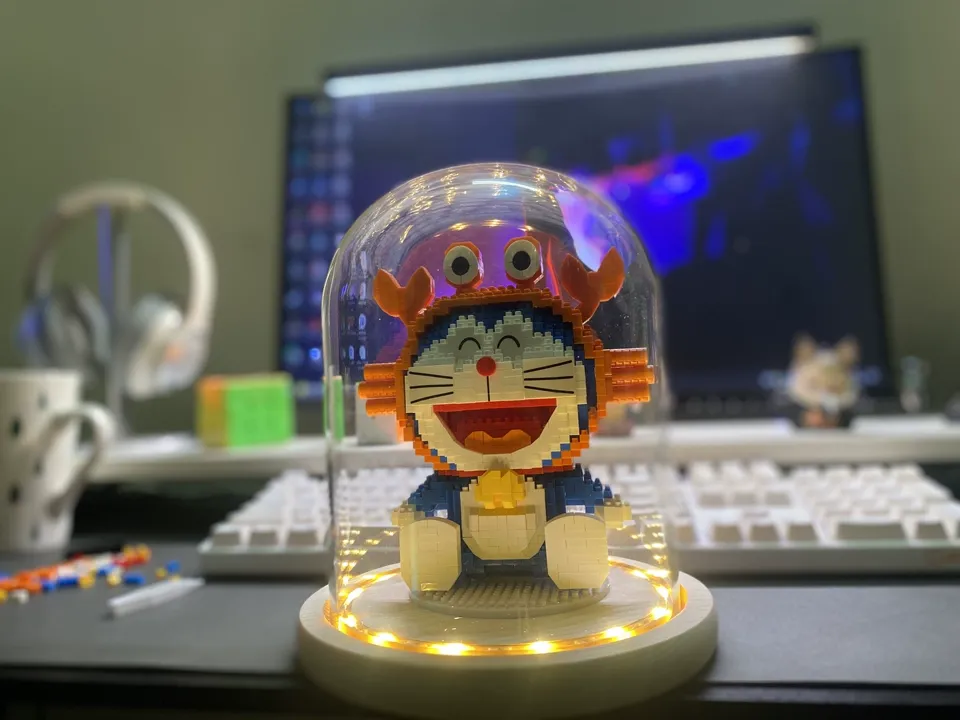

Flexibility in Production A good wholesale vendor is one who can scale production according to your business's growth and needs. This flexibility means accommodating a variety of garment complexities, from small-scale runs for unique designs to large orders for best-selling items. Discuss the vendor's minimum order quantity (MOQ) and maximum capacity to understand how it aligns with your business model. Strong Communication Maintaining consistent and open communication is crucial in ensuring the success of custom clothing orders. A vendor who is approachable and communicative can effectively mitigate misunderstandings and rapidly address issues during the production process. Choose a vendor that is willing to keep you actively involved and informed throughout the manufacturing phase. Ethical and Sustainable Practices In an increasingly conscious consumer market, aligning with ethically responsible vendors has become imperative. Investigate whether the vendor is compliant with sustainable practices—like fair labor policies, eco-friendly materials, and waste management standards. Choosing ethically guided vendors not only boosts your brand's reputation but also contributes positively to the global community. Developing a long-term partnership with wholesale custom clothing vendors is an investment that requires due diligence and strategic consideration. The right choice can lead to reduced costs, successful product launches, higher customer satisfaction, and ultimately, a thriving business. Emphasizing factors like reputation, quality, technological adaptability, production flexibility, communication, and ethical practices, positions your brand to harness the power of reliable custom clothing manufacturing. This synergy propels your company toward sustained success in the competitive fashion industry.
NEXT:








